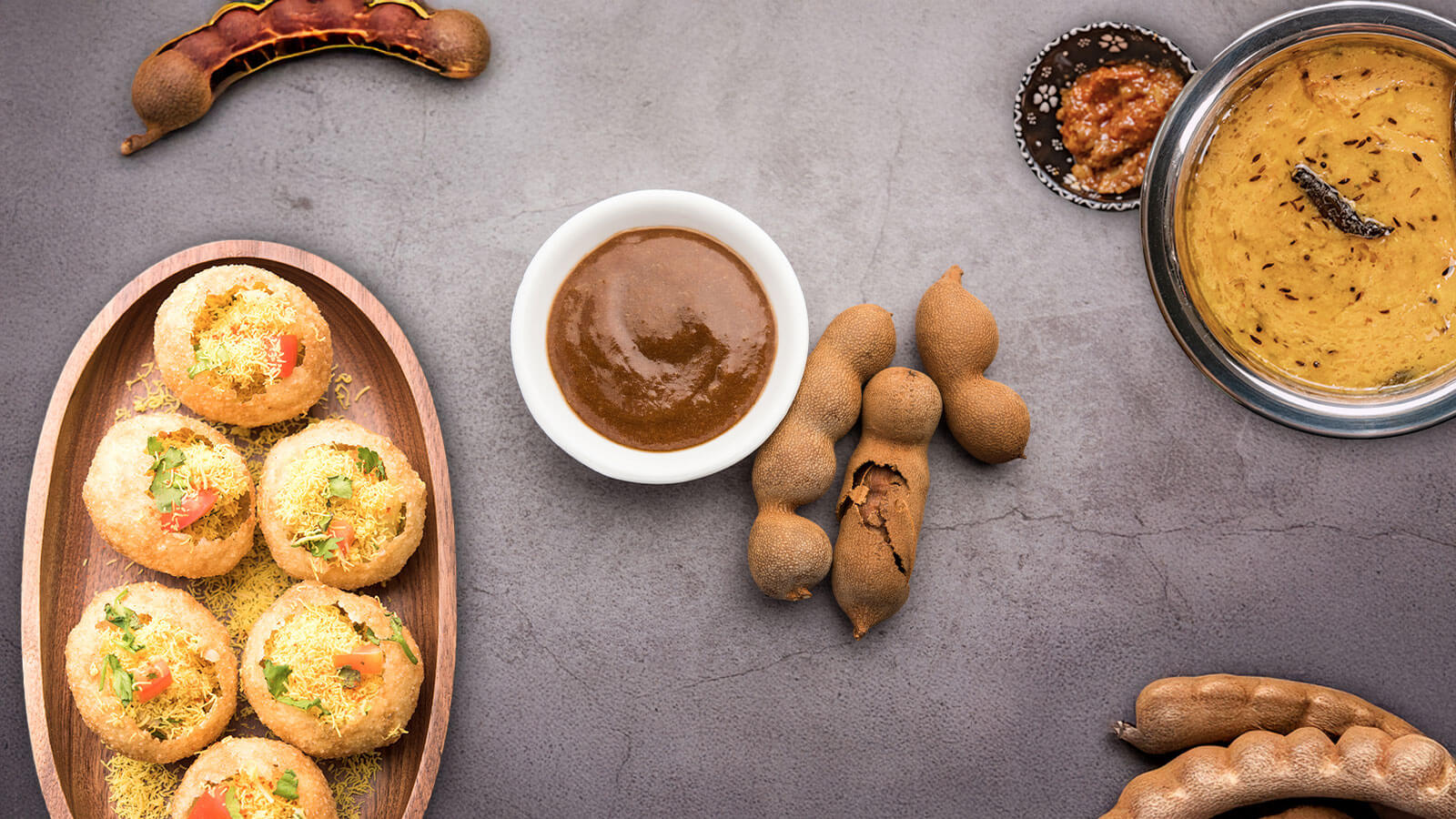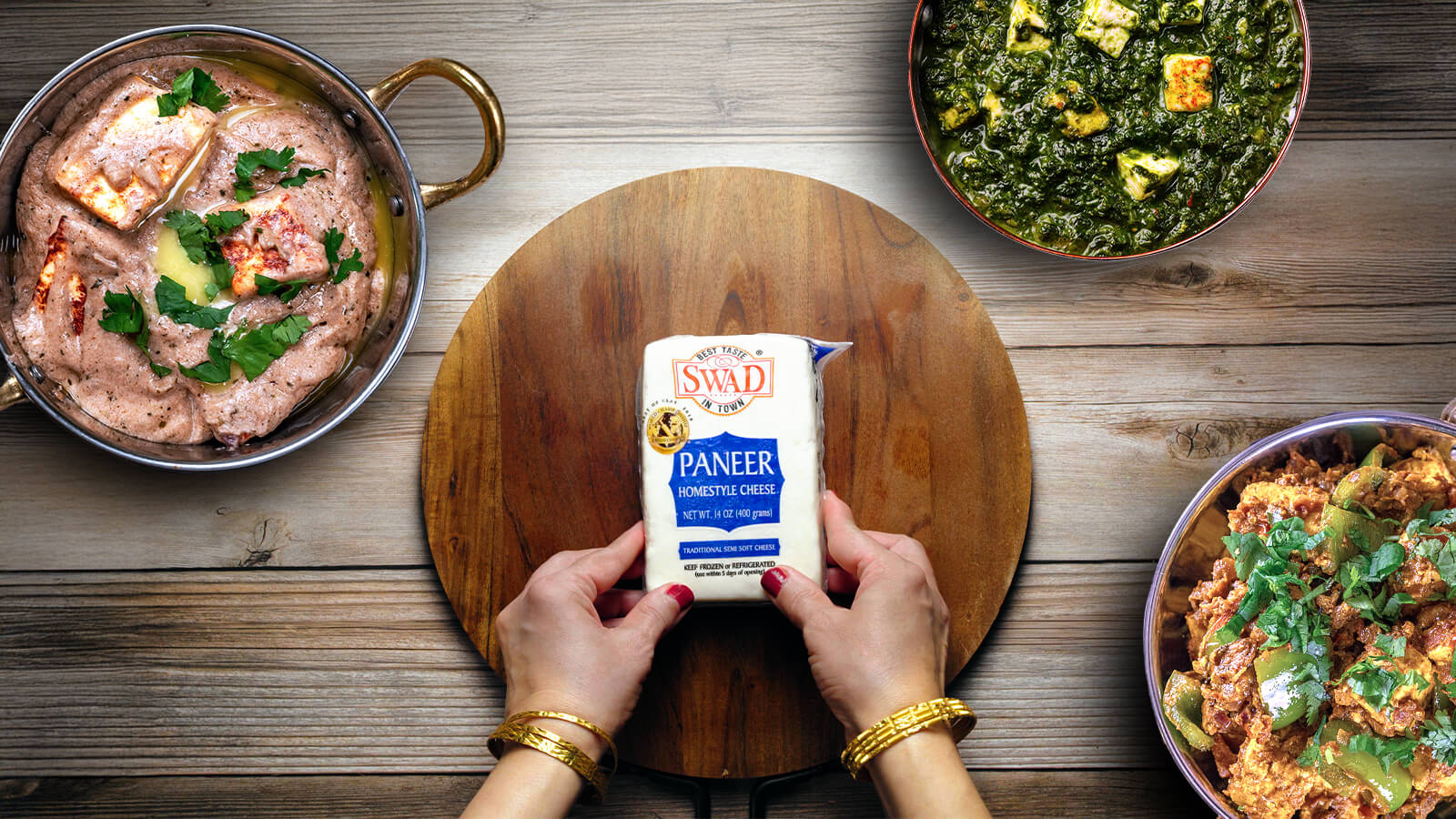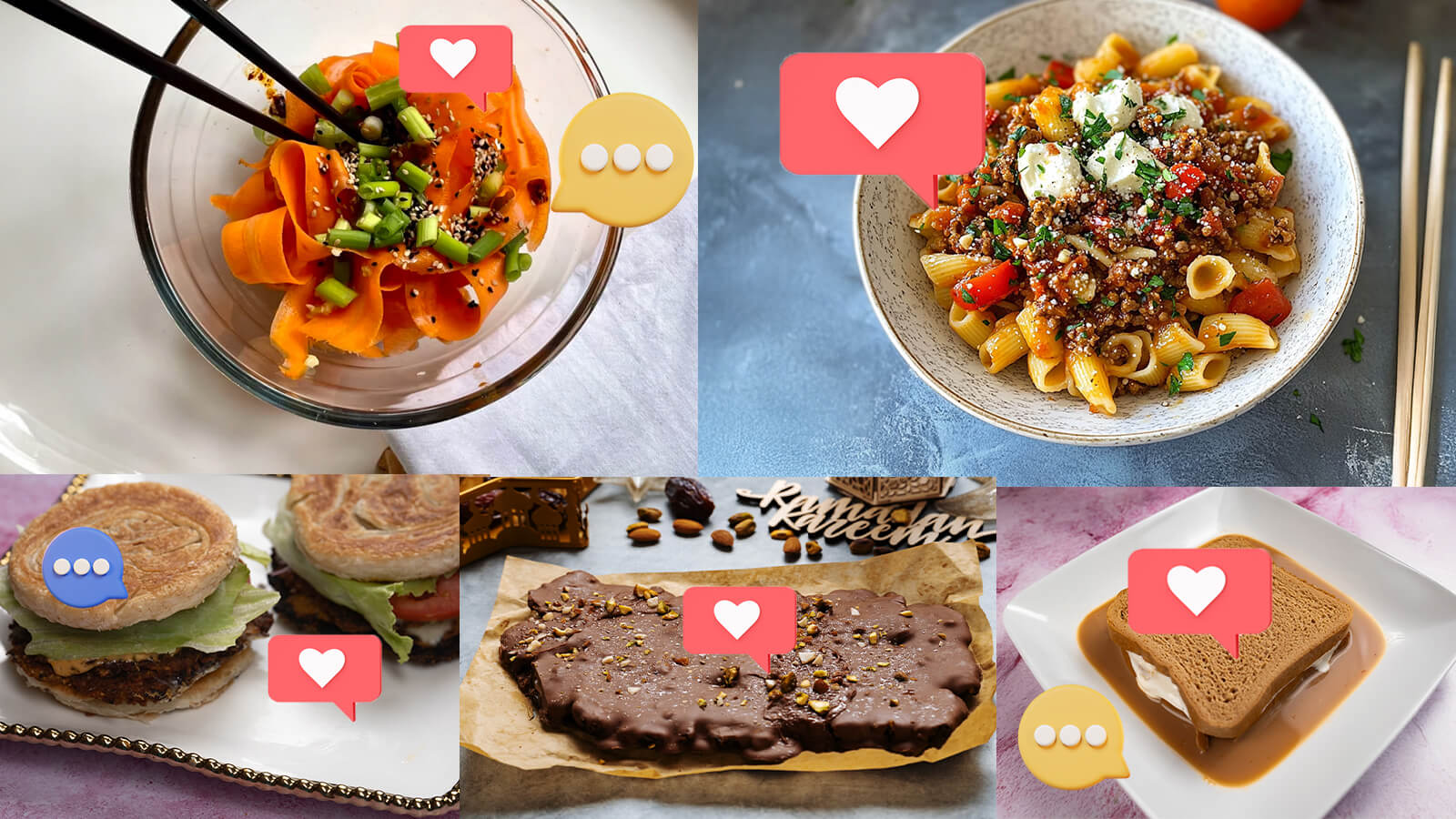Eid-Ul-Fitr - A Celebration of Gratitude

Let’s face it, when you live in a desi household, you only take a day off of school when you are in a dire emergency. Growing up, Eid always held a special place in my heart as it meant taking a day off of school without having to explain myself. Eid ul-Fitr, which translates to the "Festival of the Breaking of the Fast", marks an end to the holy month of Ramadan.Muslims around the world look forward to Eid preparations months in advance. They make sure to buy vibrant clothes that follow the latest fashion trends, with matching bangles, jewelry, and sandals. The night before Eid, also known as “Chand Raat”, streets in South Asian communities are usually bustling with last-minute shoppers as they are during Christmas Eve. During this time, people take strolls down these streets to get last minute accessories and decorate their hands with intricate henna patterns. They make sure to get some mango kulfi, samosas, and papri chaat along the way while hearing exuberant greetings of “Chand Raat Mubarak!”

On Eid Morning, children and adults alike wake up super early and get dressed in their shiny and colorful outfits with matching jewelry, and go for Eid prayer. Personally, my favorite part is reuniting with acquaintances. The energy is amazing. Everyone gathers in one happy place and expresses their cheeriness through a unique three-hug embrace. After the Eid prayer, people come home to Eid presents, halwa puri breakfast, and an Eid staple dessert: ‘Sheer Khorma’. After feasting, they go house hopping to visit family and friends. Post-food-coma, a nap would be necessary before getting re-dressed in a second new outfit for an evening Eid dinner with extended family. It is such a pleasant feeling to catch up with relatives, old and young, and reunite during this special holiday. During dessert and chai, the kids receive Eid presents from the elders, and parents share stories from their own childhood and how they celebrated Eid in their home country. In some cases, these Eid celebrations extend on to the weekends as well.

Each community has its own unique way of celebrating Eid, some folks travel to their home countries to be with their families and others celebrate locally by hosting potluck lunches and dinners. There are many Eid festivals and celebrations that people around the U.S. participate in with merriment. Many mosques and Muslim communities hold Eid carnivals, halal food festivals, parades, workshops, and more. They make a point to reach out to be inclusive of Muslims new and old, as well as individuals of other faiths.

After a month of abstaining from basic human necessities, Eid-ul-fitr is a celebration that teaches people to be grateful for their blessings, and provides gratitude for the everyday convenience of life including a meal whenever you want it, water that comes out of a wall from your house, and the difficulties those that don't have this convenience face. It is a reminder that not everyone has the choice to eat, drink, and spend time with family whenever they wish. Eid-ul-fitr is a segway into being mindful of what Ramadan has taught people going forward in their lives: to forgive and forget, to eat moderately, and to continue to abstain from vices for a clean soul for the rest of the year.
During this time, Muslims are also strongly encouraged to reach out to those who are less fortunate and continue to give to charity; Mosques hold clothing and toy drives to be donated to children and families on this holiday. Eid-ul-fitr is a time of much merriment as Muslims observe the end of Ramadan in high spirits, whilst also keeping the less fortunate in mind.









